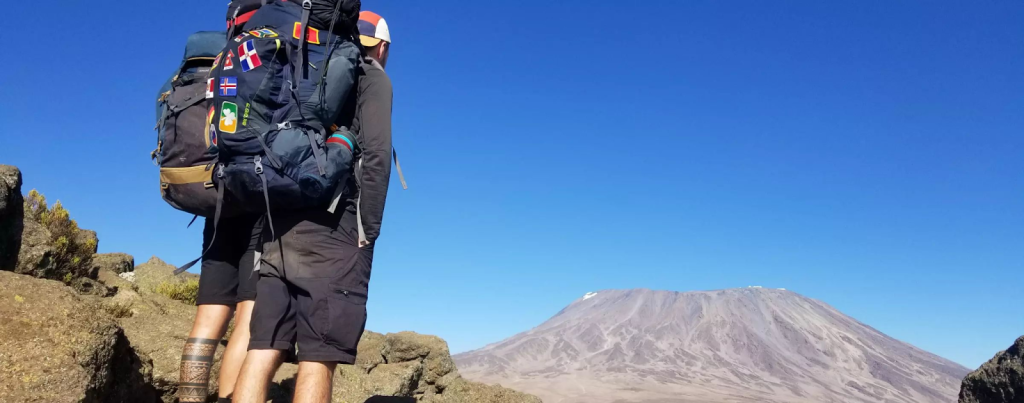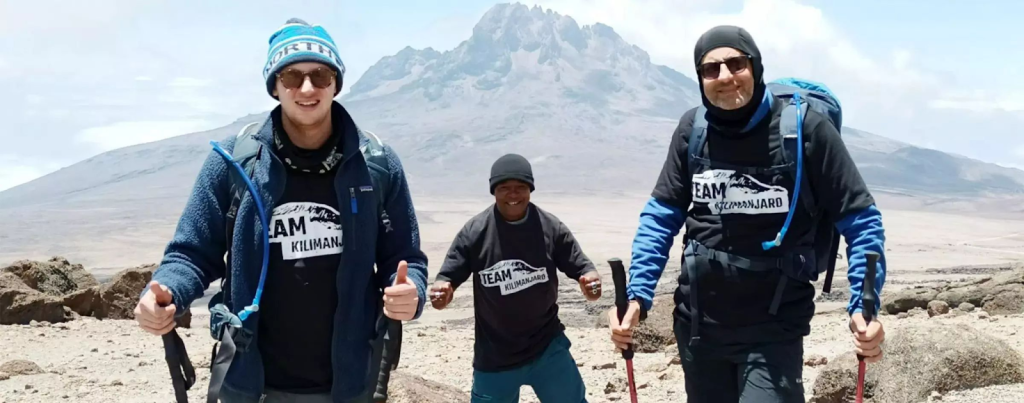The Ascent of Integrity: Leadership Lessons from the Kilimanjaro Climb

Every enterprise, like every expedition, begins with vision and is tested by endurance. The decision to climb Kilimanjaro is not merely a physical challenge; it is a parable of governance — a study in patience, purpose, and moral accountability under pressure.
Preparation as Policy
Great climbs, like great companies, succeed not through charisma but through compliance with truth. Maps, budgets, and oxygen plans are the mountain’s version of business plans and audits. Every checklist protects life; every verified figure protects trust.
Kilimanjaro teaches that the discipline of preparation is the first act of integrity. Planning is not bureaucracy; it is stewardship made visible. The detailed Kilimanjaro climb information provided by veteran guides reflects this ethos — readiness as the foundation of safety and success.
Clarity of Purpose
Altitude tests motive. Those who climb to boast rarely summit; those who climb to learn almost always do. The same distinction governs leadership. When purpose serves people rather than pride, momentum endures beyond the moment.
On the mountain, this means pace over pride, accuracy over ambition. In enterprise, it means aligning profit with principle so that growth does not outpace grace.
Accountability in Motion
Every step is measurable, every outcome recorded by weather, will, and witness. When error occurs, correction follows immediately — no denial, no delay. Kilimanjaro’s law is transparency: the route keeps score.
Leaders thrive by the same ethic. Accountability is not confession after failure but adjustment before collapse. The climber corrects compass; the executive corrects culture. Both preserve trust through candour.
Equity of Effort
No team survives when weight is uneven. Porters, guides, and clients share rhythm and responsibility; hierarchy dissolves into harmony. This is corporate justice in miniature — fairness practiced, not promised.
Kilimanjaro’s ecosystem shows that power distributed wisely produces stability. Leadership here means enabling others to ascend, not standing taller on their shoulders.
Decision-Making Under Pressure
When storms arrive or altitude sickness strikes, choices must be made: ascend, pause, or retreat. Each option carries cost. Emotion tempts haste; wisdom prefers evidence.
True leadership, like true climbing, demands composure — the courage to slow down when others panic, the humility to descend when safety requires. Restraint is the rarest form of authority.
Resilience as Return on Investment
Altitude compounds difficulty much like interest compounds risk. Only disciplined consistency yields dividends of endurance. Every rest, every breath, is a deposit in tomorrow’s strength.
Leaders who build in recovery — for teams, systems, and themselves — generate sustainable returns. The mountain’s slow rhythm proves that durability, not drama, creates value.
The Summit as Audit
At dawn, when the glaciers flame with gold, success is verified. The data of integrity are written in calm hearts and steady teamwork. Mount Kilimanjaro does not flatter; it confirms what preparation made possible.
Yet victory here is sober, not loud. Those who reach the top learn that the true measure of achievement is grace maintained under strain.
Descent and Distribution
Coming down tests character more than climbing up. Fatigue tempts carelessness; relief tempts arrogance. The wise descend with discipline — the same focus that brought them high.
In leadership, this is legacy: how success is shared, how knowledge is transferred, how gratitude replaces glory.

The Moral Altitude
The mountain’s management model is timeless — transparency, fairness, reflection, respect. Kilimanjaro proves that enduring success, in business or in life, depends on ethics strong enough to breathe in thin air.
For those who wish to experience leadership distilled to its purest form — guided by professionals who treat discipline as duty and safety as strategy — it begins with Team Kilimanjaro, where ascent becomes a masterclass in governance, and altitude reveals integrity.



Leave a reply